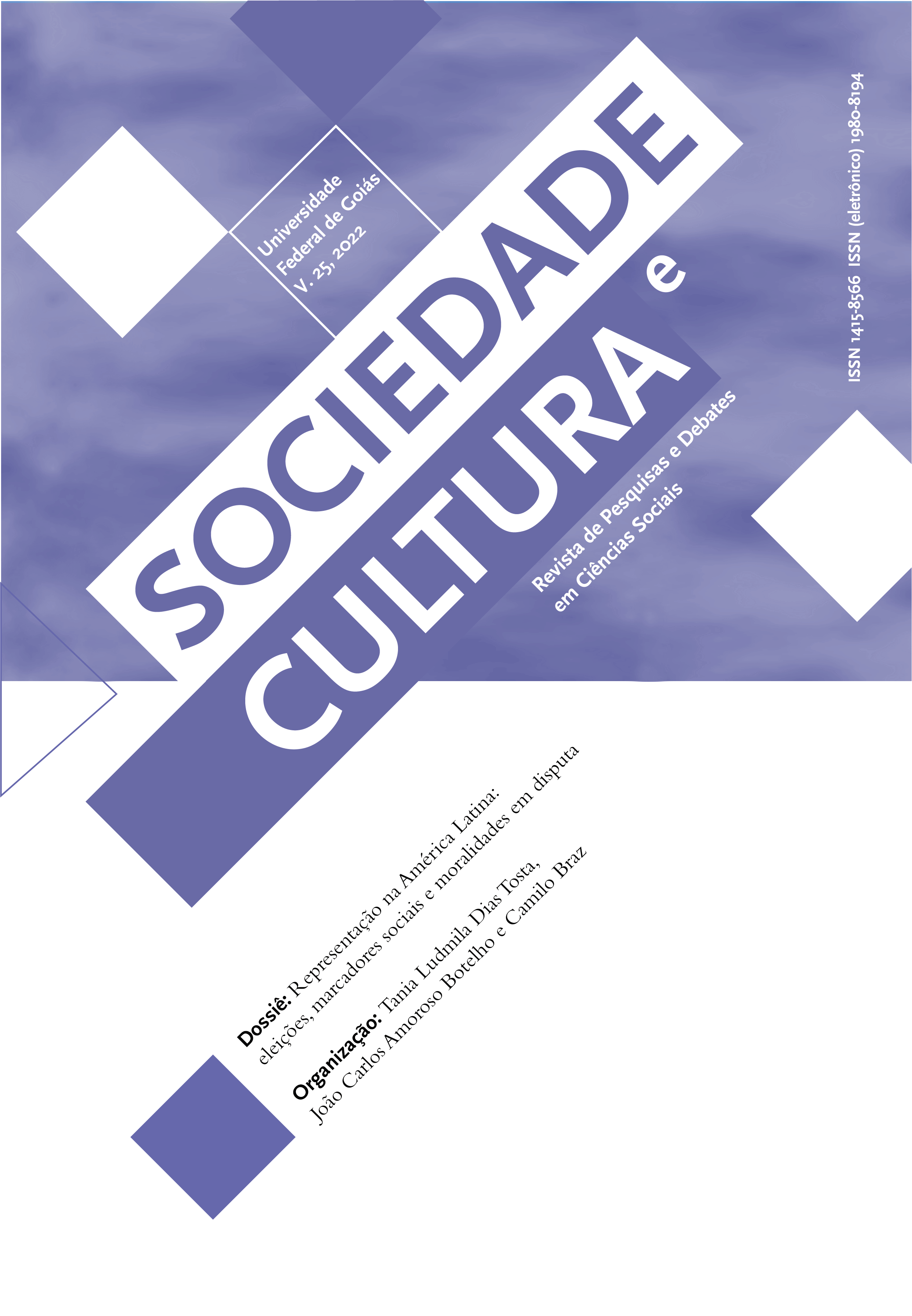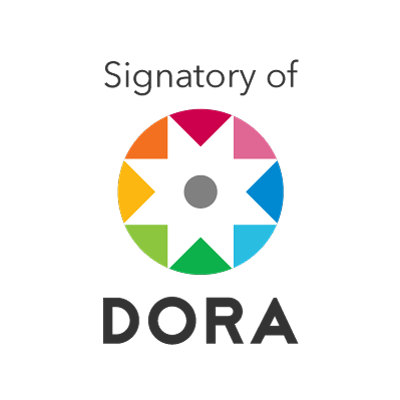As pessoas interagem — e por que — com políticos nas mídias sociais? Evidências das eleições estaduais brasileiras
DOI:
https://doi.org/10.5216/sec.v25.70812Resumo
Este artigo apresenta os resultados das análises das campanhas no Facebook de 140 candidatos que se candidataram a governador das 27 unidades da federação brasileira durante as eleições estaduais. Seguindo a estrutura analítica de Vaccari e Nielsen (2013), coletamos a quantidade total de contexto e interações das postagens no Facebook de todos os candidatos a governador, para propor um avanço de sua abordagem metodológica. Descrevemos a distribuição da atenção que cada candidato gerou e usamos regressão estatística para analisar os fatores preditivos para essa quantidade de atenção. Em geral, os resultados mostraram uma campanha digital muito ativa. No modelo de regressão, ser candidato competitivo e número de citações da imprensa foram os fatores mais preditivos. O estudo confirma os resultados alcançados pela literatura anterior em outros contextos.
Downloads
Downloads
Publicado
Como Citar
Edição
Seção
Licença
Copyright (c) 2022 Sociedade e Cultura

Este trabalho está licenciado sob uma licença Creative Commons Attribution 4.0 International License.
Autores/as que publicam nesta revista concordam com os seguintes termos:
- Autores/as mantêm os direitos autorais e concedem à revista o direito de primeira publicação, sendo o trabalho simultaneamente licenciado sob a Creative Commons Attribution License, o que permite o compartilhamento do trabalho com reconhecimento de autoria e da publicação inicial nesta revista.
- Autores/as têm autorização para assumir contratos adicionais separadamente, para distribuição não exclusiva da versão do trabalho publicada nesta revista (ex.: publicar em repositório institucional ou como capítulo de livro), com reconhecimento de autoria e da publicação inicial nesta revista.
- Autores/as têm permissão e são estimulados/as a publicar e a distribuir seu trabalho online (ex.: em repositórios institucionais ou na sua página pessoal) a qualquer ponto antes ou durante o processo editorial, já que isso pode gerar alterações produtivas, bem como aumentar o impacto e a citação do trabalho publicado (veja O Efeito do Acesso Livre).


 Esta revista está licenciada sob a licença
Esta revista está licenciada sob a licença 
